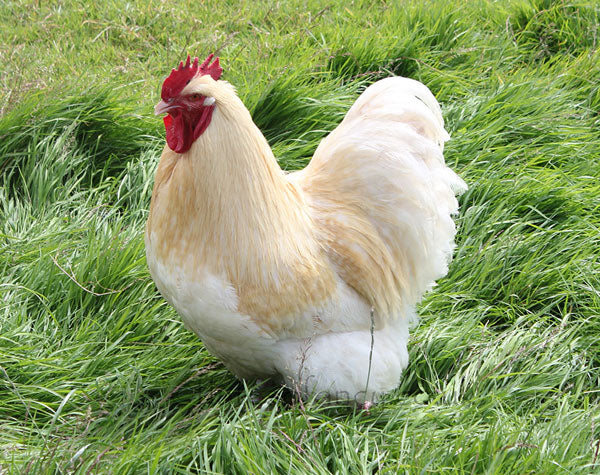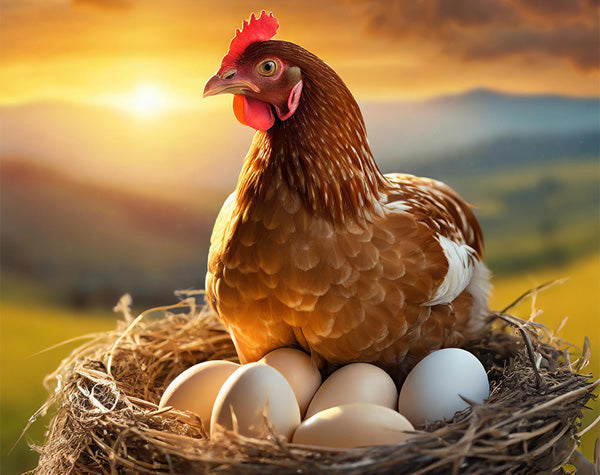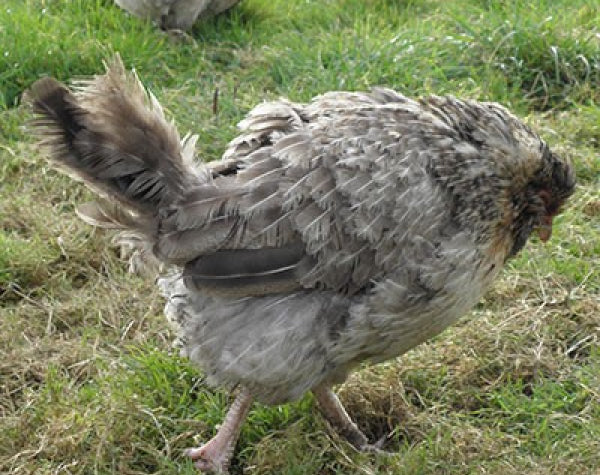Worms in Poultry - Recognising and Treating Worms
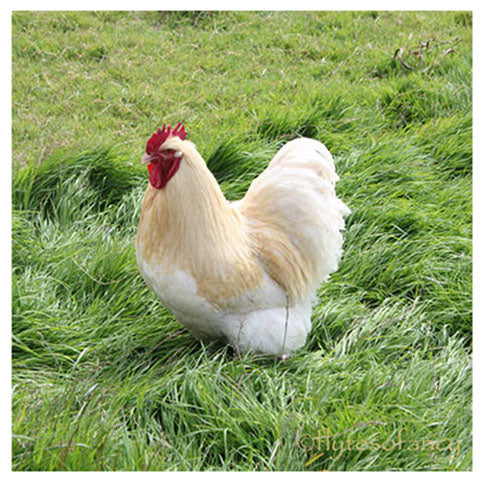
Learning about the life cycle of intestinal worms may not seem like a nice conversational topic but it is one of the most common problems/ailments for poultry and it is really important that you know what to look for and how to treat the birds, as well as learn what preventative measures you can take.
I am not going to blind you with Latin names, there are plenty of books and web pages to do that, but I will try and explain simply what they are, how to recognise the symptoms, how to deal with them and how to prevent them ...
Worm infestations should be thought of as 'one of those things' that chickens get, but for the sake of the bird, they should be dealt with so that they do not become life-threatening.
In any kind of poultry, worms will impair the health of the bird because they are taking the nutrients out of the food of their hosts and you will see weight loss in your birds, or they may not be growing at the rate they should be.
Worms can damage the digestive tract of the birds which can lead to other infections. There will also be a drop in egg production and the birds may seem 'unwell' and listless.
Photo: our lovely, healthy, Lemon Cuckoo Pekin Bantam Cockerel.
Common internal parasitic Poultry Worms are:
Roundworm, Gapeworm, Tapeworm
Roundworm
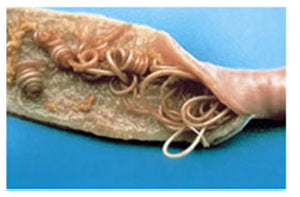
Roundworms are the most common type of intestinal worm; they look like spaghetti and live in the intestine of the bird. They can affect chickens, turkeys, ducks and geese.
There are several types of roundworm e.g. hairworms, threadworms, but the most common is the Large Roundworm.
Flubendazole is the only licenced treatment for Roundworm or consult a Vet for other treatment options. Free range birds should be treated more often.
Most birds can live with some internal worms but a heavy infestation can result in a drop in egg production and weight loss.
Roundworms normally follow a direct life cycle i.e. an infected bird releases worm eggs in its dropping where another bird can pick up the eggs; or, they can be picked up by a carrier like an earthworm.
They have a 28-day life cycle and can be found not only in the intestine but also in the crop, gizzard or oesophagus. They can even infect the oviduct and be passed out inside the eggs.
At maturity, they are 3 inches long and can be seen in the dropping if expelled by the bird.
Help to prevent worm infectations by keeping the ground the birds live on as clean as possible and try to avoid their contact with wild birds like pheasants. Treat all birds regularly with Flubendazole (or Flubenvet) - see details below.
Gapeworm
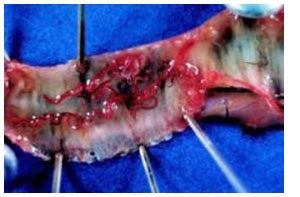
Gapeworms are a type of roundworm; however, they attach themselves to the trachea (throat) of chickens where they impair breathing resulting in the birds gasping (hence, gaping).
Young birds are particularly susceptible and can become infected by sharing space with wild birds such as pheasants.
Gapeworm can be fatal if not treated. It is often brought about through an intermediate host. Earthworms, snails and slugs can all be carriers of larvae and once ingested by the bird have a life cycle of 14 days.
It can also be picked up directly from another bird coughing up the worms onto the ground and then your birds picking it up whilst foraging.
Flubendazole is the only licenced treatment for both Gapeworm and Roundworm.
Tapeworms
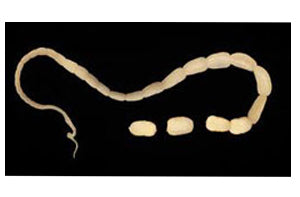
Tapeworms are less common in poultry and are flat, segmented, ribbon-like worms.
Flubendazole/Flubenvet won't eliminate Tapeworm at its 1% strength, i.e. the 60g tub has no egg withdrawal but this negates the effect against Tapeworm - source: National Animal Disease Infomation Service (nadis.org.uk). You would need to consult a Vet if it is a serious problem.
They attach themselves to the wall of the gut by burying their heads in the lining of the intestine. Tapeworms do take longer than other worms to infect and affect their host.
Their eggs are carried by slugs and snails so free-ranging birds are more susceptible than indoor birds. Most birds can carry some worms with no impact on health but a heavy infestation can reduce the bird's ability to fight other infections.
Reproduction is from segments of the worm that break off and are passed through the chicken in its droppings where it contaminates the ground. Tapeworms need an intermediary host, like snails, and they can (not always) infect the bird when it eats the snail.
They are very hard to see with the naked eye and have a life cycle of 6 weeks but can live in the ground waiting for a host for a year or more.
Prevention measures would be to keep the ground they live on fresh and clean, and restrict their access to slugs and snails.
We're all going on a Worm Hunt!
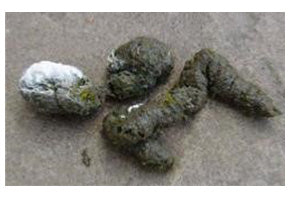
Check the droppings ... ... It really is worth a regular (even if it seems unpleasant) hard look at your chicken's droppings. Always think of the adage 'You are what you eat'!
On the left, is an image of what healthy droppings should look like so you can make a comparison.
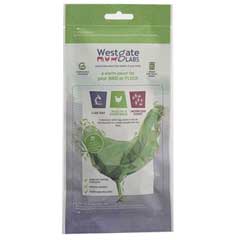
Healthy chicken droppings should be fairly firm and rounded with two distinct sections. The largest darker portion should be black, brown and/or grey in colour and the smaller portion should be white (this is the urine) and it will form a cap at one end.
As with all advice we give, it is not a precise diagnosis so if you are at all concerned, you should consult a vet who can arrange a worm count of the droppings.
Alternatively, there are home test kits if you are up to it, try the Westgate Worm Count Kit.
Inspecting Poultry Droppings for Worms
Green coloured - this could be a dietary imbalance caused by too much green matter or too much protein, or can also be indicative of a more serious internal infection. Veterinary diagnosis is recommended if you have reduced the green vegetables in their diet but it makes no difference.
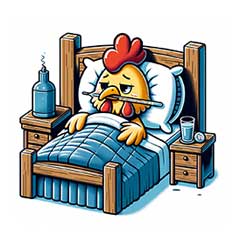
Yellow coloured - loose yellow droppings, which will normally stick to the feathers of the bird's bottom, are most often a sign of internal worms. It can also be that the birds have a diet rich in corn or maize but in our experience, it is usually worms.
It could also point to a respiratory infection but there would be other signs with this kind of problem. This is not to be confused with Caecal droppings which are brown and foamy and expelled roughly every 7-10 droppings - perfectly normal.
Black, runny and sticky - Can point to nutritional deficiency. Revisit their diet and feed only layers pellets ad-lib, with treats of corn twice a day, for two weeks to see if this improves their droppings. Stop all other treats for this period.
Other signs to be aware of: worms visible in the droppings; mucky bottoms; dishevelled, depressed appearance; weight loss; drop in egg production; pale comb.
What is the best treatment for Worms in Poultry?
If you suspect worms are a problem for your birds, then the veterinary answer is to use a licensed, anthelmintic (poultry wormer) like Flubenvet, Flubendazole or Solubenol (note Flubendazole is the active ingredient in Flubenvet so is the same thing).
These are the only wormers licensed for poultry through the Animal Veterinary Medicines Authority and you will need a prescription, or have to complete a POM-VPS declaration form on a website giving details of the number of birds and their age etc.
Try www.viovet.co.uk who are accredited by the VMD. They give lots of information about Flubenvet 1% and Flubendazole 1% as well as a bona fide way to buy. As mentioned above, the 1% solution is low so that egg withdrawal should not be necessary (seek advice of a Vet) but this does result in it being less effective against some types of intestinal worms.
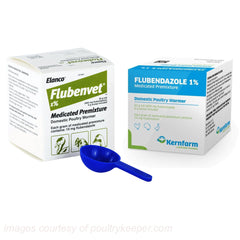 Please be careful when buying online that the company you buy from is licensed by the Veterinary Medicines Directorate (VMD) and have an SQP (Suitably Qualified Person) to dispense Flubenvet.
Please be careful when buying online that the company you buy from is licensed by the Veterinary Medicines Directorate (VMD) and have an SQP (Suitably Qualified Person) to dispense Flubenvet.
Beware of any online company that does not ask you to complete a form or give the SQP information before purchase. If you only have to tick a couple of boxes, this is not acceptable.
Made for smallholders and small flocks of chickens, geese and turkeys, the medicated Premixture is effective against gapeworm, large roundworm, caecal worm, threadworm and gizzard worm.
We recommend Flubenvet/Flubendazole should be used at least twice a year, spring and autumn, to rid your birds of worms - or more often if advised to do so by your vet.
Flubenvet or Flubendazole are the only wormers that will kill Gapeworm and, if this is suspected, give it immediately. Follow any instructions for meat or egg withdrawal given by the dispenser, although the Flubenvet 1% does not now need an egg withdrawal period.
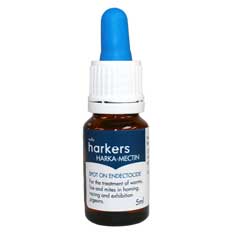
Other products are available e.g. Ivermectin drops and Piperazine. These are not licensed for poultry at the time of writing but are widely prescribed by Vets for poultry (and do not need to be dispensed by an SQP).
Ivermectin, or Harka-mectin, is a spot-on treatment applied with drops to the skin and works against internal and external parasites whilst Piperazine will kill roundworm.
Non-prescription Solutions for Poultry Worms
The natural answer, which many people prefer, is the regular use of a herbal product. No licence is required as they contain no 'chemicals'. These will not kill Gapeworm but can help prevent other worms.
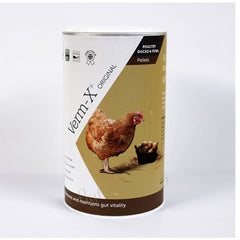
Opinion is divided as to the effectiveness of herbal products with the makers of Flubenvet saying it does not kill worms, and Paddocks Farm (makers of Verm-X Pellets for Poultry) producing lots of evidence that it does. Verm-X for Poultry does have some well-known poultry experts and vets supporting it.
We offer 2 brands on this website. Herbal remedies cannot be 'licensed' as a poultry 'wormer' so manufacturers cannot label the product as such simply because herbal products do not need licenses.
The Verm-X for Poultry range is the most widely used, especially in organic systems, and comes in liquid or pellet form. It is administered for 3 days out of every month throughout the year.
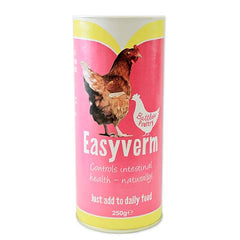
Secondly is Battles Easyverm Parasite Pellets. You would add these pellets to feed for 1 week per month.
We think the best approach is to use one of the herbal products on a regular basis as per instructions and then, if worms are still suspected, especially Gapeworm, use the medical answer of Flubendazole.
Move birds to fresh ground
Leaving your chickens, or any poultry, on the same small area of ground for prolonged periods is one of the primary causes of worms (and many other diseases).
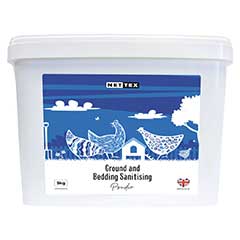
Moving birds to fresh ground regularly and using a ground sanitiser to prevent the build-up of worm larvae is a solution.
Net-Tex Ground Sanitising Powder, or our own Flyte Coop & Run Sanitising Powder, can be sprinkled regularly on the ground used by the birds, this will kill the worms from larvae stage to fully grown.
How do I prevent my chickens from getting worms?
Some simple good husbandry and preventative measures against worm infestations can help save a great deal of worry and loss of birds.
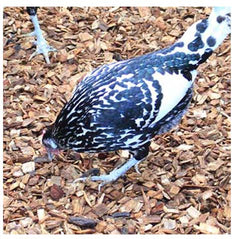
Worms love warm, wet and muddy ground. They hate bright sunlight; dry air with low humidity; regularly disturbed ground; short grass; freezing temperatures and high temperatures (over 35°C).
- Give them clean ground regularly. Never allow them to stay on bare earth for long periods, the ground will become 'fowl sick' and harbour countless worm larvae, bacteria and potential infections.
- If in a fixed Run then move it regularly to new ground, or if you are not able to move the run then consider a surface (not concrete please, it's not a natural surface at all) that can be cleaned with disinfectant or just use a Ground Sanitising Powder.
- Use a layer of loose Hardwood Woodchip for example (not bark), which is the perfect surface for chickens. You could make a watering can mix of Virkon S Disinfectant at a weaker 0.5% solution to regularly (perhaps monthly) 'water' the ground to kill off bacteria but, be careful and do not use on grass or near watercourses.
- Change litter inside the Coop regularly and keep it dry. Use 1% disinfectant solutions regularly inside the henhouse and to disinfect utensils.
- Use Apple Cider Vinegar in your birds drinking water regularly (plastic drinkers only). This changes the balance of acid in their gut so that it becomes a less hospitable place for worms to live and breed. One teaspoon per litre of water is all that is needed. Many seasoned poultry keepers swear by Apple Cider Vinegar with Garlic in drinking water to keep worms to a minimum.
- Keep grass relatively short as sunlight destroys worm eggs.
- If your birds free-range and come into contact with wild birds, like pheasants and rooks for example, as well as having regular treats of slugs, earthworms and snails, then more vigilance is needed.
- Test free-range birds regularly for worms using a Worm Test Kit.
- The herbal answer is Verm-X Pellets for Poultry or Battles Easyverm Pellets (links above) every month, which may help reduce the worm burden. The medical answer is Flubendazole at least twice a year or as advised by your Vet.
To conclude ... ... although a low level of worm infestation is quite normal, it is important to try and prevent internal worms to have healthy happy hens, and for your own peace of mind. A few simple tasks and vigilance is all that is needed.
We hope that helps to simply explain what can often be very worrying for new chicken keepers. If you have any questions please feel free to e-mail us: info@flytesofancy.co.uk
- - - -
Poultry Worms - Treat & Prevent ©Flyte so Fancy 2011 Updated: 2023. Author: Anne Weymouth (Director, Flyte so Fancy Ltd). The information in this article is the opinion of the author from the author's experience and research. If you find conflicting information it should be verified by a qualified Vet. Reproduction of part or all of this text is only possible with the express permission of Flyte so Fancy Ltd.

